A freight broker permit and bond are two essential components for individuals or companies operating as freight brokers in the United States. These requirements are regulated by the Federal Motor Carrier Safety Administration (FMCSA) to ensure the financial responsibility and integrity of businesses involved in arranging the transportation of goods by motor carriers.
Freight Broker Permit (MC Number)
The Freight Broker Permit, often referred to as an MC (Motor Carrier) number, is a critical requirement for individuals or companies that operate as freight brokers in the United States. It is issued by the Federal Motor Carrier Safety Administration (FMCSA) and serves as a unique identifier for these businesses. Here is a detailed explanation of the Freight Broker Permit:
Definition:
The Freight Broker Permit, specifically the MC number, is a unique identifier issued by the FMCSA to businesses or individuals that function as freight brokers. This permit is distinct from the motor carrier operating authority (USDOT number), which is required for companies engaged in transporting goods. The MC number is essential for legally operating as a freight broker and is a crucial aspect of regulatory compliance in the transportation industry.
Application
To obtain a Freight Broker Permit (MC number), applicants must go through the FMCSA’s Unified Registration System (URS). The application process is comprehensive and involves providing detailed information about the freight brokerage business. This information typically includes details about the business structure, ownership, location, financial responsibility, and designating a process agent for legal purposes.
Business Information: Applicants are required to provide information about their business structure, including details about the company’s legal name, address, and the type of entity (e.g., sole proprietorship, corporation, LLC).
Financial Responsibility: Applicants must demonstrate financial responsibility by either obtaining a surety bond (BMC-84) or an equivalent financial security in the required amount (as mandated by the FMCSA). The minimum bond amount was $75,000 as of my last knowledge update in January 2022, but this amount may change over time.

Process Agent Designation: A process agent is an individual or business appointed to accept legal documents on behalf of the freight broker. The agent must be located in each state where the broker does business. This designation ensures that legal notifications can be effectively delivered to the broker.
Responsibilities:
Freight brokers play a crucial role in the transportation industry by connecting shippers (those who need to transport goods) with motor carriers (truck operators). While they are not responsible for physically transporting the goods, freight brokers are accountable for facilitating the logistics of cargo transportation. Their responsibilities include:
- Facilitating Transactions: Freight brokers match shippers with appropriate motor carriers to transport goods efficiently and cost-effectively.
- Ensuring Compliance: They must ensure that the motor carriers they work with are properly licensed and insured, meeting legal and safety requirements.
- Documentation: Freight brokers are responsible for maintaining accurate and complete records of transactions, including bills of lading, invoices, and other relevant documents.
- Payment Processing: They handle financial transactions, ensuring that carriers are paid for their services, and they manage the collection of payment from shippers.
- Freight Broker Bond (BMC-84):
- The Freight Broker Bond (BMC-84) is a crucial financial guarantee required by the Federal Motor Carrier Safety Administration (FMCSA) for individuals or companies that operate as freight brokers in the United States. Here is a detailed explanation of the Freight Broker Bond:
Definition
The Freight Broker Bond, officially known as the BMC-84 surety bond, is a financial guarantee mandated by the FMCSA. It serves as a form of protection for the shippers and carriers who conduct business with the broker. The bond acts as a safety net to ensure that financial obligations related to freight transactions are met, and it offers recourse in case the broker fails to fulfill these obligations.
Amount
The FMCSA required freight brokers to obtain a minimum bond of $75,000 as of my last knowledge update in January 2022. However, it is essential to note that bond requirements may vary, and the specific amount can change over time. Brokers should stay informed about the current regulatory requirements set by the FMCSA and be prepared to meet any updated criteria.

Purpose
The primary purpose of the Freight Broker Bond is to provide financial compensation to shippers and carriers in situations where they have unpaid claims due to the broker’s failure to meet their financial responsibilities. If a broker defaults on their financial obligations, such as paying carriers for their services or resolving disputes with shippers, the bond serves as a financial safeguard. Shippers or carriers can make a claim against the bond, and the surety company that issued the bond is responsible for paying valid claims up to the bond’s specified amount.
Renewal
Freight broker bonds typically require annual renewal. During the renewal process, the bond amount may be adjusted based on the broker’s financial history and claims history. The bond renewal process ensures that brokers maintain the required level of financial security throughout their operation as freight brokers.
Both the freight broker permit and bond are essential for the legal operation of a freight brokerage business in the United States. They help ensure that freight brokers are financially responsible and capable of meeting their obligations to shippers and carriers, thereby maintaining the integrity of the freight transportation industry and protecting the interests of all parties involved in the supply chain. It’s important to stay informed about any regulatory changes and compliance requirements, as they may be subject to updates and revisions by the FMCSA.



